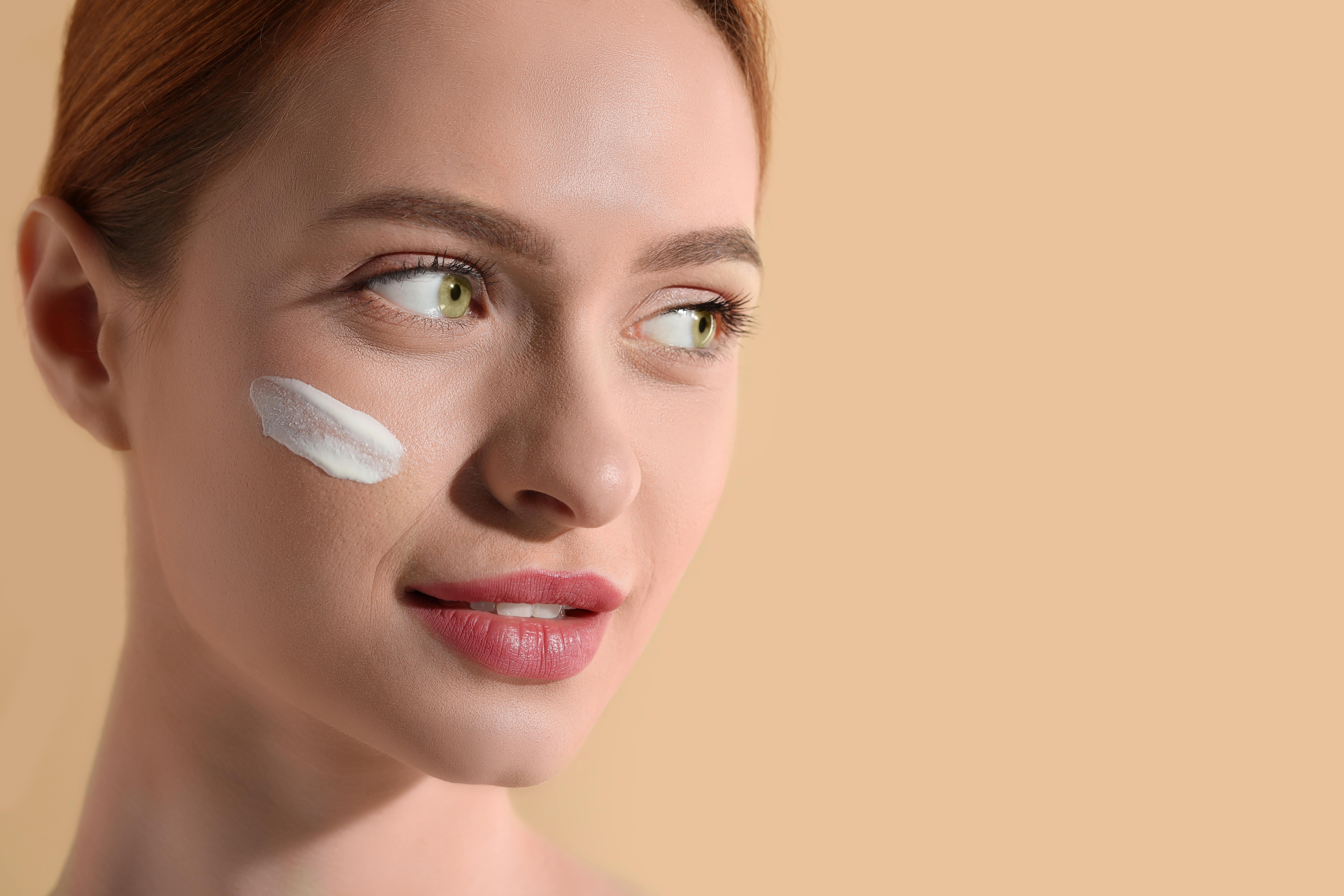Damaged Skin Barrier - What to Do & How to Protect The Skin Barrier

Many skin care products are available that promise to clean, moisturize, heal damage, lessen the indications of aging, and other things. The skin barrier, or the top layer of skin, is the primary focus of these products.
What is the Skin Barrier?
Each layer of your skin has a distinct purpose. The stratum corneum, often known as the skin barrier, is composed similarly to a brick wall at its outermost layer. In this analogy, the lipid membrane made up of ceramides, cholesterol, and fatty acids serves as the mortar holding the skin cells known as corneocytes together.
In other words, the skin barrier acts as your first line of defense against external insults, such as pollution, toxins, and infections; it also contributes to temperature regulation and water loss through the skin. This brick wall is literally the barrier between your deeper layers of skin and internal organs and the external environment. Without the epidermal barrier, contaminants including allergies, pollutants, and viruses might penetrate your body.
What Damages the Skin Barrier?
Even though the skin barrier can help ward off dangerous outside influences, both internal and external forces can nonetheless destroy it. Skin barrier damage can be brought on by the following
Sun exposure
Allergens in the environment and pollution
Cosmetics and soaps that deplete the skin's natural oils and moisture-alkaline items that disturb the pH values of the skin
Low humidity or dry air
Getting older
Stressful circumstances
Alpha hydroxy acids, retinoid acid, beta hydroxy acids, and amino fruit acids are among the ingredients that, if used improperly, can decrease the skin's natural defenses against bacterial infection and environmental harm.
The skin barrier might also be harmed by specific actions; they include taking hot showers, over-exfoliating, or applying harsh substances to the skin. Toxic substances like formaldehyde, isobutyl, and isopropyl parabens, among others, might be considered harsh compounds.
What are the Symptoms of a Damaged Skin Barrier?
Symptoms of skin barrier degradation are probably visible and audible. These may consist of the following:
Rough, scaly spots or flaky skin
Higher chances of skin infections
A rise in allergic responses
Inflammation
How Can You Repair a Damaged Skin Barrier?
If you see any damage, you may repair it by making simple changes to your skincare regimen. You may switch out scented products for unscented ones, wash your skin with a gentle cleanser that moisturizes, and stop exfoliating.
Because the skin is probably losing moisture as a result of the damage, restoring the skin barrier could help with recovery. The use of a thick moisturizer on a daily basis is essential for the skin barrier to function properly once again. Essentially, it's beneficial to check for the following elements in a moisturizer:
Examples of humectants include hyaluronic acid and glycerin, which pull water to the skin to hydrate deeper layers
Ceramides, which replace fat content and prevent water loss
Occlusive moisturizers, which adhere to the top layer of skin and function as the skin barrier
There are several lotions and moisturizers available. However, the primary goal of your typical skin moisturizer is to hydrate the skin. On the other hand, barrier cream is designed to support and improve the restoration of the skin's damaged or vulnerable skin barrier. Hence, it should be your go-to product when managing your damaged skin barrier.
How to Protect Your Damaged Skin Barrier?
In order to keep your skin barrier preserved, you must do your best to protect it from the elements and other items that might harm it, as well as moisturize it often. The following actions can help avoid damage to the skin barrier:
Using a broad-spectrum sunscreen such as Neutrogena Retinol Boost Day Cream SPF15
Using a moisturizer after a lukewarm shower to seal in moisture
Avoiding using face scrubs and loofahs as physical exfoliants
Using moisturizing products and mild soaps
Using barrier cream
Including a vitamin C serum or another antioxidant in your skincare regimen
Keep away from dry heat and extended exposure to cold
In conclusion, your body's first line of protection against external threats is the outer layer of skin, often known as the skin barrier, albeit it is not impervious to injury. To maintain it healthy, it's crucial to take safeguards when you can. The most important piece of advice is to listen to your skin barrier as much as you possibly can!
